Boa constrictors are likely to do best with a 13:11 photoperiod, which means that they like 13 hours of light followed by 11 hours of darkness. During the winter months this can be switched to 11 hours of daylight and 13 hours of darkness. For best results, use a photoperiod of 12 hours light/12 hours dark during spring and summer for a more natural change between the seasons. To make this easier, I like to use the Kasa Smart Power Strip to sync my lights to my local sunrise/sunset times.
No light should be provided at night. Boas are nocturnal, and their eyes are evolved to see quite well in what humans perceive as total darkness. Providing a light source at night disrupts the snake’s day/night cycle and can negatively affect their health over time.
Boa Constrictor UVB Requirements
According to the UV Tool, Boa constrictor (and presumably other members of the Boa genus) is categorized under Ferguson Zone 2, which describes partial sun/occasional baskers, like most other snakes. Arcadia Reptile recommends a basking UVI of 2.0-3.0.
To achieve a UVI of 2.0-3.0 in the basking area (closest location to the UVB lamp), you will need a specific distance between the UVB bulb and the snake’s back when basking:
Lamp mounted above mesh (recommended for safety):
- Arcadia ShadeDweller MAX — 4-6″ / 10-15cm
- Zoo Med T5 HO ReptiSun 5.0 / Arcadia 6% — 10-14″ / 25-35cm
Without mesh obstruction:
- Arcadia ShadeDweller MAX — 6-8″ / 15-20cm
- Zoo Med T5 HO ReptiSun 5.0 / Arcadia 6% — 14-18″ / 35-45cm
The above distance recommendations assume a ~35% mesh block. It is strongly recommended to use a Solarmeter 6.5 to determine the best placement. For more details on adjusting basking distance based on mesh obstruction, see the Facebook group Reptile Lighting > Guides > Guide 1: Using T5-HO lamps above a Mesh Screen.
If you need more distance between your snake and the UVB in the basking area than your enclosure’s setup will allow, I recommend using a UVB riser/prop to strategically increase the distance for your snake’s safety.
- Note: Don’t forget to change your UVB bulb every 12 months!! Otherwise, it will stop producing enough UVB, even if it’s still producing visible light.

Is UVB required for boa constrictors?
Most sources will tell you that UVB is not required for a healthy boa, and while they are right in saying that a boa will not die within a year if it does not get UVB exposure, this belief is minimalist and outdated. Just because a reptile won’t die without access to appropriate UVB doesn’t mean that it can’t benefit from it at all.
Recent studies are supplying mounting evidence that UVB is beneficial for snakes’ long-term physical and mental health, and it provides one of the keys to maximizing a boa’s lifespan. In the interest of encouraging a higher standard of reptile care, I strongly believe that some degree of UVB exposure should be available to any reptile in captivity.
a
Keep reading about boa constrictor care:
- Introduction to Boa Constrictors
- Members of the Boa Genus
- Boa Constrictor Shopping List — Supplies You Will Need
- How to Select and Buy a Pet Boa
- How Big Should Your Boa’s Enclosure Be?
- Lighting & UVB Requirements
- Temperature Requirements
- Humidity Requirements
- What Kind of Substrate Should You Use?
- Tips for Decorating Your Boa’s Enclosure
- What Do Boa Constrictors Eat?
- How to Handle Your Pet Boa Constrictor
- What to Do When Your Boa Gets Sick
- Additional Resources
This page contains affiliate links.
